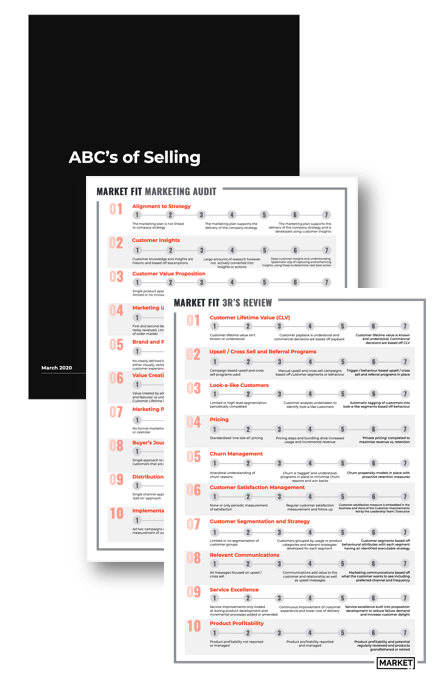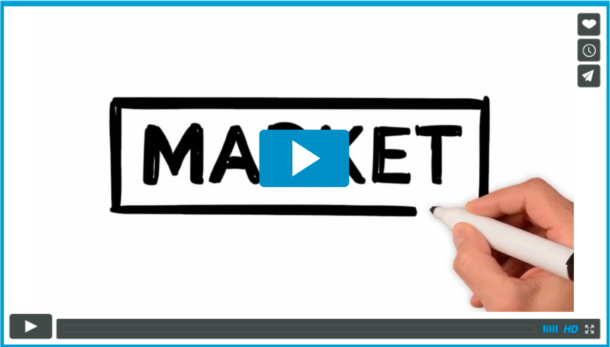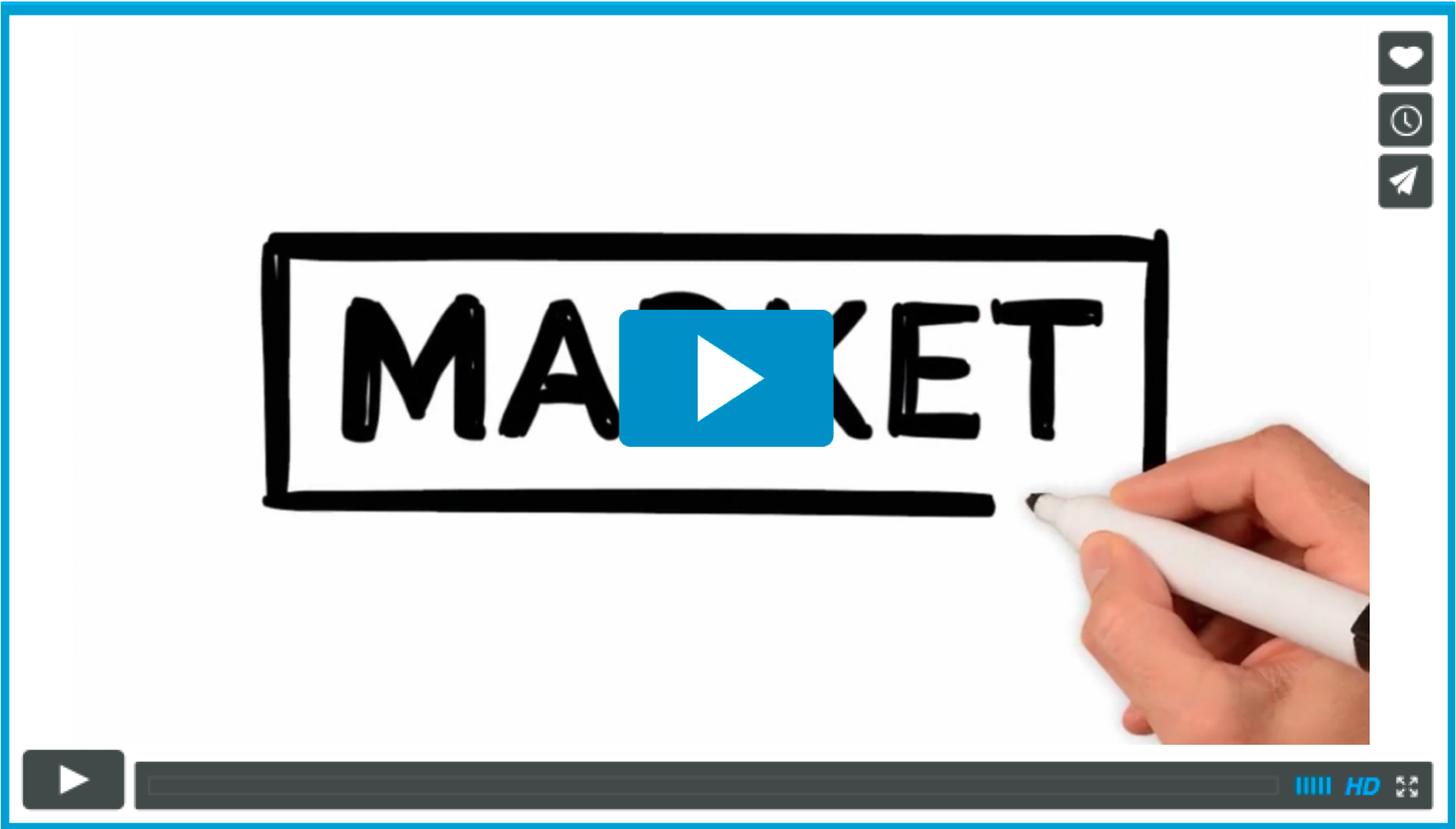After a couple of weeks’ theoretical discussion (looking at the difference between marketing and advertising) I want to bring the discussion to life today by analysing a business showing phenomenal growth in a short life span – and all without traditional advertising.
Uber’s short 18 months in NZ has seen a very impressive launch followed by unhindered and exponential growth. According to a recent press release, they now have over 100,000 customers, recently clocking their one millionth ride.
So here’s my question – how many companies can you name who have reached 100,000 customers in NZ within two years… with almost no traditional advertising?
The answer is very few – meaning it really is worth analysing their approach. In short, Uber have acquired a significant consumer base in NZ through a powerful mix of referral marketing, free samples and evangelical belief in their product.
Referral
Here’s one thing Uber understands… customers trust recommendations from people they know way more than advertising messages (92% vs. 24% from advertising).
The follow up to this is referred customers show a 16% higher lifetime value than customers acquired through marketing. Uber have taken this idea and run with it.
Their referral system is elegant and effective. If you recommend a friend to Uber, both you and your friend earn $25 credit. Obviously dual credits are a pretty compelling incentive, but due to the nature of Uber’s business there’s another hidden reason for their acquisition success.
To use Uber you need to download and enter your credit card details into the app. In many cases this proves to be a significant customer friction – in general losing online companies big chunks of potential audience. But by giving customers $25 credit, Uber is automatically rewarding them not just for the referral BUT ALSO for the effort of credit loading. Think back to my old friend Value = (benefits – costs)… in one fell swoop Uber’s credit reduces the cost friction of account creation, driving value to the consumer. This approach gives Uber a direct relationship between customer acquisition and cost of acquisition.
Free Samples
Sampling ain’t new – it’s been used by products such as the NZ Herald for years. It’s a classic momentum play – you give samples to help spread your message and acquire audience.
Uber have a twist – their samples are often given to people who can help spread their message. They are often be seen at conferences targeting people known to Malcolm Gladwell as Connectors/ Sales People.
Connector / Sales people are the ones most likely to recommend a service to friends, selling the service through a mix of enthusiasm and influence, often without meaning to. They are, in short, an incredibly powerful recommendation engine.
Even when Uber are in the thick of their regular PR storms, this too plays into their hands. Connectors love to be seen in the thick of things. For them using a service so powerfully represented in the news is actually a badge of honour.
Evangelism and product belief
Uber marry this innovative acquisition approach with a zealot’s belief in their product. Their confidence a sampling customer will return after an initial recommendation is high. Most customers never look back after their first Uber experience. Uber NZ stats bear this out:
- They have 1500 drivers, and claim to be acquiring hundreds each month
- Their average fare claims to up to 30% cheaper than comparable forms of transport, saving New Zealanders nearly $4 million to date.
- Wait time is seriously impressive… the majority of drivers arrive in under 4 mins with an average time of 3.8 minutes
As if this wasn’t enough, Uber recently reinforced their value as part of a celebration of their one millionth NZ ride, employing surprise and delight to offer customers two free rides.
Key Takeaways
- How do you connect with your customer advocates or connector / sales people?
- Does your marketing drive sampling and repeat usage?
- Have you gone beyond ‘standard’ above the line advertising approaches to build awareness? If not, why not?
- Does your referral marketing ensure everyone is a winner?




